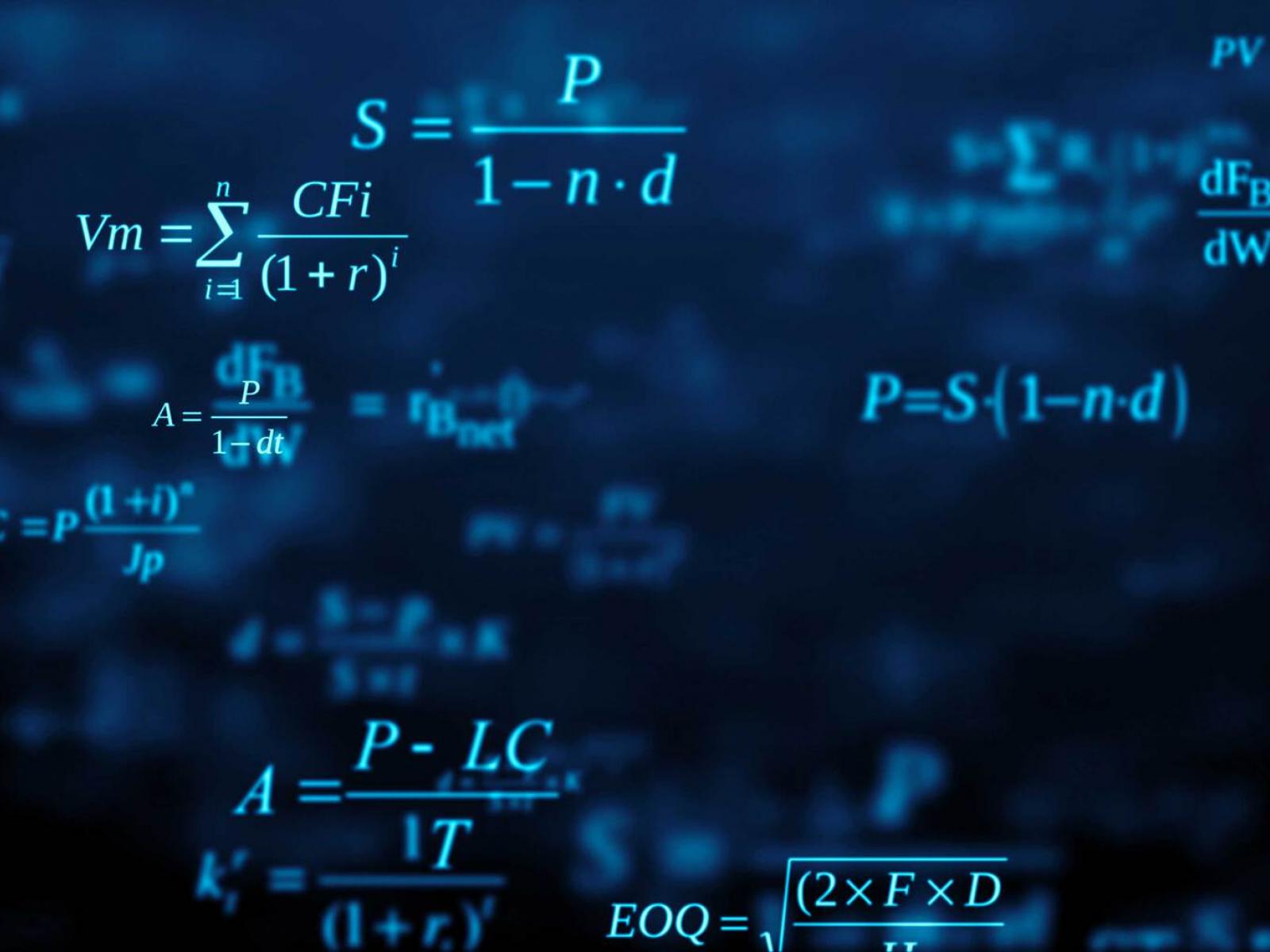Applied Mathematics

One of our principal strengths is the use of mathematical models to predict the behavior of complex multiscale systems and quantify the associated uncertainty leading to scientific discoveries. Our core team of researchers focuses on the development of novel multiscale methods for uncertainty quantification (UQ) and data analysis.
We have broad expertise in multiscale mathematics, including dimension reduction, mesoscale Lagrangian particle methods, and hybrid methods for coupling multi-physics models operating at different scales. Building on our strength in multiscale modeling, we are developing capabilities in multi-fidelity methods for parameter estimation and UQ. These techniques focus on solutions for highly nonlinear and high-dimensional systems and include surrogate and multi-fidelity modeling for both forward prediction and inverse models.
Using the Machine Learning Toolkit for Extreme Scale, known as MaTEx, we design machine learning and data mining algorithms, which include several supervised learning algorithms (such as deep learning and support vector machine) and unsupervised learning algorithms (such as auto-encoders and spectral clustering).
We are heavily invested in solving issues related to large-scale graph analysis (for example, data fusion), time evolution of discrete structures, and the development of network invariants and their applications. We also have an emerging capability in the application of discrete mathematical techniques to support a range of problems in the Department of Energy mission space.